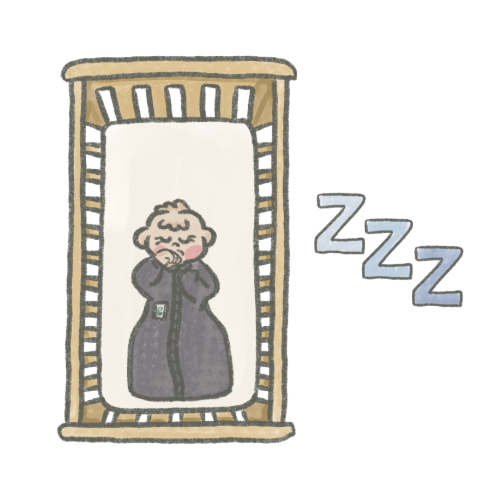Early Wake-Ups CheatSheet for Tired Parents
1. Adjust Bedtime as Needed:
If your baby frequently wakes up too early, consider adjusting their bedtime by 15-30 minutes earlier. This can help prevent overtiredness, which often leads to restless nights. An overtired baby can be harder to settle and may wake more often, so finding the right bedtime is crucial.
2. Ensure a Full Tummy:
Hunger can be a major factor in those early wake-ups. Try offering a feed right before you go to bed to ensure your baby has a full tummy. This can help extend their sleep duration through the night. Keep the lights dim and avoid too much stimulation during this feed to maintain a calming atmosphere.
3. Monitor Daytime Activities:
Daytime playtime significantly influences nighttime sleep. Ensure your baby has plenty of active play during the day, such as tummy time and interactive games. This physical activity helps tire them out for better sleep at night. Additionally, keeping daytime feeds and naps consistent establishes a healthy sleep-wake cycle.
4. Encourage Self-Soothing:
If your baby is waking too early in the morning, consider soothing her back to sleep with a gentle pat or a reassuring voice without picking her up. You may also want to encourage your baby to self-soothe. Studies show that babies who can self-soothe tend to sleep for longer stretches. Babies often self-soothe by engaging in comforting actions, such as sucking their fingers or bringing their hands to their face. Self-soothing enables your little one to learn how to settle herself back to sleep if she wakes during the night or too early in the morning.
To support this natural behaviour, the Fetal Flex Swaddle is designed to give your baby the freedom to move their arms into a natural position while still minimizing the startle reflex.
The Fetal Flex design encourages your baby to settle faster, sleep longer, and transition more smoothly through sleep cycles—helping them develop the habit of self-settling with less assistance from you. This enables you and your family to get the restful sleep you all need.


 New Zealand Dollar (NZD)
New Zealand Dollar (NZD)
 Hong Kong Dollar (HKD)
Hong Kong Dollar (HKD)
 Japanese Yen (JPY)
Japanese Yen (JPY)
 Singapore Dollar (SGD)
Singapore Dollar (SGD)
 South Korean Won (KRW)
South Korean Won (KRW)
 United Arab Emirates Dirham (AED)
United Arab Emirates Dirham (AED)
 Canadian Dollar (CAD)
Canadian Dollar (CAD)
 British Pound (GBP)
British Pound (GBP)
 Euro (EUR)
Euro (EUR)
 Swiss Franc (CHF)
Swiss Franc (CHF)
 Swedish krona (SEK)
Swedish krona (SEK)







